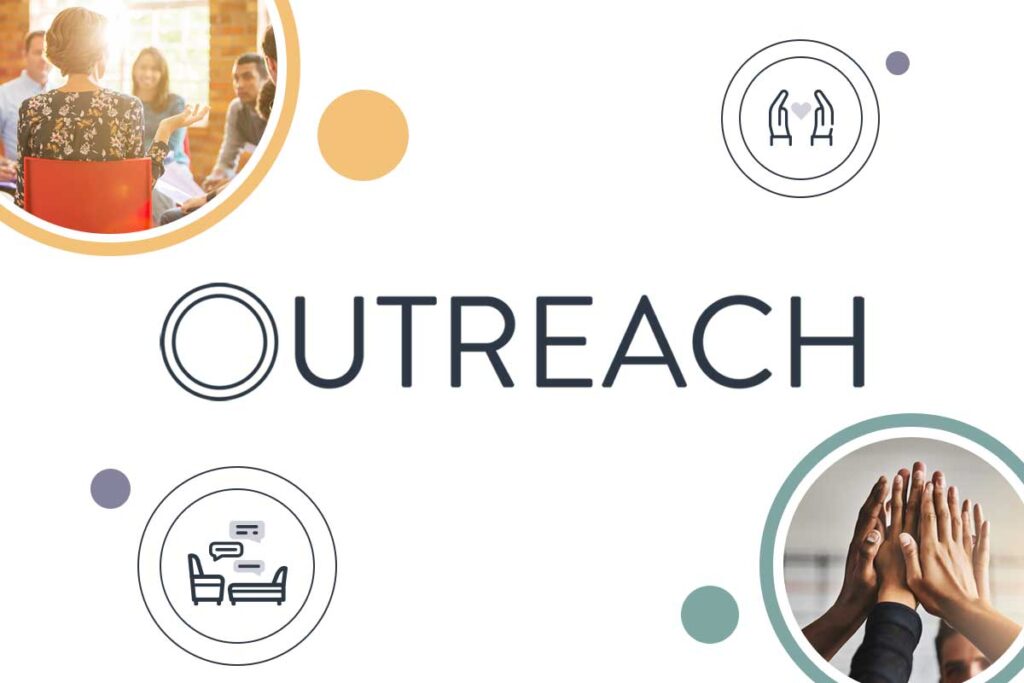Admitting that you struggle with addiction is never easy, but acknowledging there’s a problem is often the first step on the path to recovery. However, not everyone knows exactly when it’s time to turn to substance abuse outreach programs. This article outlines some of the more common signs that you or a loved one is struggling with addiction and what options you have to get help.
Common characteristics of people struggling with addiction:
Changes in behavior.
A person who is struggling with drug abuse will start to behave in a manner that they usually wouldn’t. It can be things like neglecting responsibilities at school or work, experiencing issues in long-lasting relationships, or engaging in risky activities. Substance abuse can cause someone to engage in suspicious behaviors or cause legal troubles. Things like an unexplained change in their personality or sudden mood swings are also signs that someone is struggling with addiction.
Higher tolerance.
The more a person abuses a substance, the stronger their tolerance to it becomes. So whereas consuming a small portion of the substance used to be enough to achieve the desired feeling, you might now need more or use the substance more frequently. This is a sign that you’re starting to struggle with addiction and that it’s time to reach out to a substance abuse outreach program. Depending on the substance, quitting the substance entirely might not be safe due to your body’s dependency on it, but a substance abuse outreach program can help you taper off your use in a safe and healthy manner.
Struggling with mental health problems.
Mental health issues are often closely linked to substance abuse problems. People who have become reliant on a substance can start to experience symptoms of anxiety or depression. They also tend to have higher levels of paranoia, often believing they’re in some type of danger for no reason. These symptoms can worsen once you stop using the substance, because your body will crave it. This is called withdrawal, and it’s a difficult thing to get through, but substance abuse outreach programs can help.
Denying that they have a problem.
Many people who struggle with addiction also struggle admitting that they even have a problem. When confronted, they tend to downplay how often they use the substance or the amount they use. They want to avoid the discussion entirely, and they can get irrationally angry if pushed on the matter. Sometimes they can acknowledge they have an issue, but they still can’t stop because they’ve lost control of the situation, and that’s when they should reach out for professional help.
Displaying physical symptoms.
Addiction takes a toll on a person’s body, and it can result in physical symptoms that indicate they may need to find a substance abuse outreach program. Signs like bloodshot or glazed eyes, dilated or constricted pupils, and abrupt changes in their weight are all indicators. Other physical symptoms, such as problems sleeping, looking unkempt, and having unusual body odors can also indicate that an individual is struggling with addiction.
Are you or someone you love struggling with addiction?
The team of experts at Outreach Recovery can help. As one of the mid-Atlantic’s premier substance abuse outreach programs, we are the leading voice of addiction treatment providers. We bring every resource to the table when caring for patients, and we address all patients’ barriers, no matter what role we have in the company.
At Outreach Recovery, we are aggressive when addressing our patients’ needs, and we always go above and beyond to meet important deadlines regarding our clients’ health. Learn more about our addiction treatment services, or start your path to recovery today by booking your appointment online.

